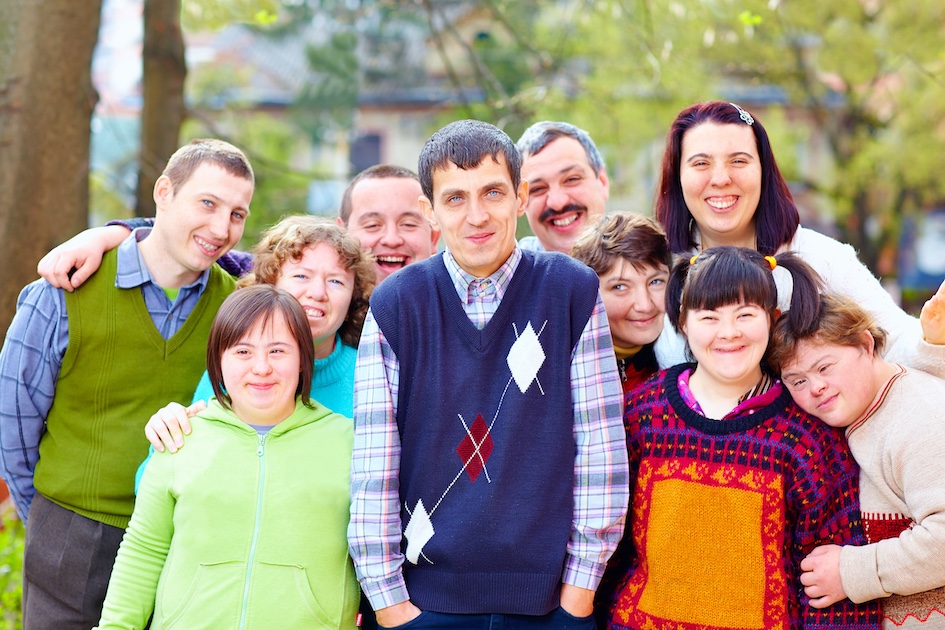What You Need to Know About Supported Decision-Making
This article is a part of True Link’s Guest Expert Series. We have interviewed leaders knowledgeable in disability planning, elder law, and trust administration and will be sharing their expertise with you in a series of videos and posts. Note: this article is not intended to provide investment, legal, tax, accounting or medical advice. Before making decisions involving investing, legal, tax, accounting or medical concerns, you should consult appropriate professionals regarding your specific situation.
When you are caring for or supporting someone with a disability, you want to protect them from harm while helping them live their best life possible. For trustees and other care providers, there can be a tension between independence and safety – when should I empower someone to make their own decisions versus when should I step in to make sure they stay away from risky situations.
"Supported decision-making" is a growing alternative to guardianship in which trusted advisors like family, friends, and professionals assist in making decisions collaboratively with the person with a disability. It allows individuals to make their own choices and be in charge of their lives, while receiving the support they need to do so.
How supported decision-making works
Typically, under a supported decision-making agreement, a supporter can help someone with a disability or limited capacity:
- Understand what their options are;
- Consider their responsibilities and think through consequences of each option;
- Gather and understand information helpful to making their decision; and
- Communicate their decisions to the appropriate people to take action.
What is also important though, is what a supporter cannot do – it is not their role to make the decision for the person with a disability or limited capacity. As Kim Watson, a Senior Director with the Lutheran Social Services of Minnesota reminds people with disabilities, “You do have opportunities to make your own decisions.”
Elder Law attorney Stuart Zimring reinforces this in how things are done at his law practice, “Our clients tell us ‘this is what [I] want;’ their supported decision making team will share ‘this is what the person has decided they want to do.’”
What types of decisions are supported?
Supported decision-making should include a formal, written agreement that outlines the individuals who are helping the person make decisions and which types of decisions that should advise on. You can see a sample of the form used by The Arc of Texas starting on page 3 of this document.
A supporter may provide guidance around life decisions related to financial management, living arrangements, health decisions, finding a job, making purchases, continuing their education, choosing support services, and more.
Supported decision-making can often include assigning people specific roles, such as appointing an agent under power of attorney or a healthcare proxy to aid in these decisions without requiring court involvement.
Resources for your state
As supported decision-making becomes an increasingly common alternative to guardianship, a number of states have passed legislation related to supported-decision making, each with various safeguards and protections. The National Resource for Supported Decision-Making can provide more information about the status of supported decision-making in your state.
When determining the best way to empower and assist a person with disabilities, supported decision-making agreements are worth considering. They can be an excellent self-advocacy tool that allows individuals to make their own choices, lean on available support, and ultimately live more independent and self-directed lives.
Want to watch these videos on Vimeo? Here are the links to the guest expert videos related to this topic:
- How Supported Decision Making Can Empower Individuals with Disabilities - Kim Watson, Senior Director of Guardianship Options, Supported Decision-Making & Pooled Trust Services, Lutheran Social Service of Minnesota
- The Role of Supported Decision Making in End-of-life Planning - Stuart Zimring, Elder Law Attorney, Law Offices of Stuart D. Zimring
If you liked this post, you may want to check out our article on How to Approach Person-Centered Financial Planning.











